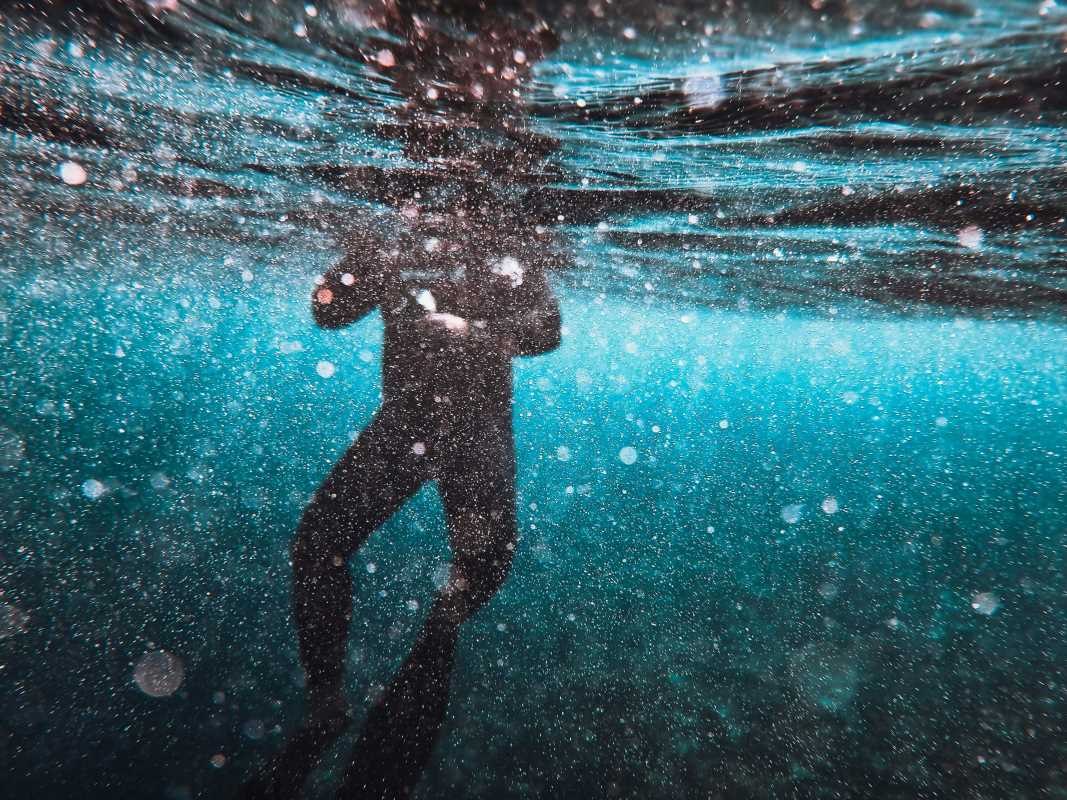Picture yourself wandering along untouched beaches, snorkeling with vibrant fish, and teaming up with specialists to safeguard fragile marine environments. This extraordinary chance offers a blend of travel and practical conservation efforts on Australia's lively shores. You’ll dive into activities like beach clean-ups and marine life monitoring, while playing a crucial role in pioneering research aimed at preserving our oceans for generations to come. This journey not only enhances your understanding and appreciation of the natural world but also leads you to forge lasting friendships and create unforgettable memories that will accompany you throughout your life.
The adventure begins the moment you arrive, greeted by the salty air and the call of the wild. Every day presents a mix of excitement and purpose as you balance leisure and work, making a tangible difference in preserving marine habitats while uncovering hidden treasures along Australia’s extensive coastline.
Hands-On Marine Research Down Under
Marine conservation fieldwork in Australia involves active participation in research, wildlife monitoring, and habitat protection across diverse marine ecosystems. This work takes you to some of the country's most spectacular underwater realms, where coral reefs, mangroves, and seagrass beds serve as safe havens for marine life. Participants enjoy activities like data collection, species identification, and habitat restoration that provide insight into the challenges these ecosystems face.
You will work with small teams in a setting that feels more like an outdoor adventure than a typical job. The tasks are hands-on and engaging, with plenty of opportunities to snorkel, scuba dive, or paddleboard between work sessions to witness the breathtaking beauty of Australia’s marine world firsthand.
Why Combine Travel and Conservation Work?
Mixing travel with conservation work creates a well-rounded experience that nourishes both body and mind. It offers a refreshing break from routine life and introduces you to new cultures, landscapes, and ideas. The combination of exploration and environmental focus helps build practical skills while broadening your perspective on global issues.
The benefits of this approach include:
- Enhance your learning through immersive, real-life experiences that go beyond classroom teaching.
- Maintain a balanced lifestyle where work and leisure harmonize, promoting mental and physical well-being.
- Develop teamwork and problem-solving skills in outdoor and sometimes unpredictable conditions.
- Network with experts, professionals, and like-minded individuals passionate about preserving natural ecosystems.
- Experience different cultures and build international connections that may benefit future endeavors.
How to Get Involved
Diving into this adventurous field work is easier than it sounds. Many organizations offer short-term projects that combine learning and active participation in conservation activities. You can start by researching programs that match your interests and checking their requirements. Many projects welcome beginners and provide hands-on training so that all levels of expertise feel comfortable in the field.
Follow these steps to start an exciting journey in conservation:
- Search for reputable programs and check their eligibility requirements thoroughly.
- Prepare your application by highlighting your passion for the environment and any relevant experiences.
- Plan your travel details, ensuring you accommodate the project schedule and local climate demands.
- Reach out directly to program coordinators to ask questions and clarify any uncertainties.
- Gather essential gear and arrange for any necessary travel insurance or vaccinations.
Life as a Marine Conservation Volunteer
Volunteering in this field sparks a sense of purpose as you witness firsthand how your efforts help protect critical marine habitats. Past participants shared experiences about spending days tracking fish populations and nights under the stars on the beach, all while working alongside seasoned conservationists from organizations like Foundwith. By joining these memorable journeys, you participate in activities that require both physical effort and thoughtful environmental stewardship. One participant recalled a morning snorkeling adventure that quickly turned into a lesson about how climate change affects coral reefs, leaving undeniable proof of the importance of every small action taken to protect the ocean. You can explore similar opportunities with various marine conservation programs that welcome enthusiastic volunteers ready to learn and contribute.
The daily routine may involve early morning meetings, planning sessions, and detailed record-keeping of observed wildlife behavior. However, the experiences and skills you develop extend far beyond typical volunteering. The exposure to field research techniques, combined with the chance to learn about ecosystems directly from experts, leaves you inspired and better prepared to pursue a career in environmental science.
Top Tips for Adventurous Spirits
Approach conservation fieldwork with flexibility and curiosity, embracing each physical and mental challenge as a chance to grow—view mistakes as lessons, set achievable goals, lean on fellow volunteers for support, and stay open to new techniques that deepen your impact on marine ecosystems.
Combining travel with marine fieldwork broadens your understanding of nature and inspires positive action. Consider this path for your next adventure or career move.
 (Image via
(Image via





